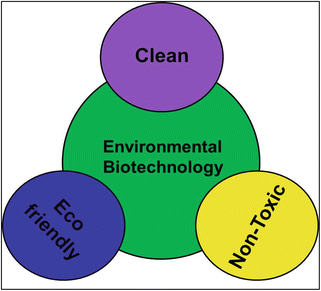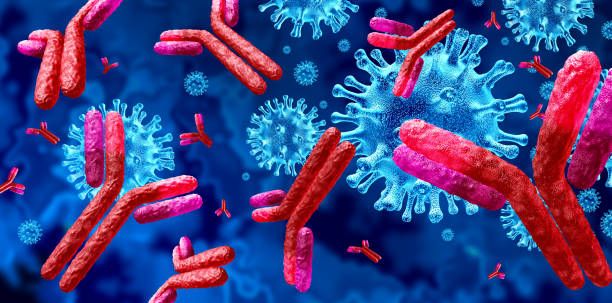- Teacher: Dr. SATABDI ROY
This course is designed to provide students with an overview of
the concepts and fundamentals of data communication, computer networks and to make them familiarize with the basic programming concepts.

- Teacher: K KRISHNA JYOTHI
- Teacher: APARNA VIJAYAN
Objective of Course:
The course will cover the concept of microbial growth, metabolism and applications of microbial technology in varied fields. The theory course structure will be complimented by practical sessions. This course will provide a strong understanding of applied microbiology and will help the students to explore work opportunities in Biotechnology Companies and Industries as well.
Course Outcomes: On completion of the course the student will be able
to: CO1- Illustrate basic techniques in microbiology and
microbial physiology. CO2- Portray the production methods for industrially
important products of microbial origin such as antibiotics, vaccines, proteins,
primary and secondary metabolites, as well as food and dairy products. CO3-Get acquainted with the industrial aspect of the
field of Microbiology, and also learn about growth pattern of microbes in
different industrial systems. CO4- Develop an understanding of process control,
upstream and downstream process. CO5-Understand and explain the science underlying
the conversion of raw materials to final products. CO6- Clarify application of micro organisms in
varied fields of environmental microbiology like bioremediation, bioenergy,
biopesticides, biofertilizers and waste water treatment.

- Teacher: VARALAKSHMI V
Intellectual
property rights (IPR) is an important part of any research and for
commercialization of industrial products. It help us in understanding the wide
concept regarding patenting, copyrights, trademark, etc., along with the policy
given by World Trade Organization (WTO) and various other bodies like TRIPS,
GATT, etc.

- Teacher: Dr. SRINATH NAGANATHAN
Environmental
Biotechnology deals with the basics about environment and different kinds of
pollution and pollutants affecting the environment. The remedy for pollution
is being addressed using the implication of Biotechnology tools which would
help the environment from these pollutants.

- Teacher: Dr. SRINATH NAGANATHAN
Objective of Course:
This course is an introduction to microbiology that provides a strong grounding in fundamental aspects of the basic biology of bacteria and to familiarize the student with emerging field of biotechnology i.e. Recombinant DNA Technology as well as to create understanding and expertise in wet lab techniques in genetic engineering.
Course Outcomes:
On completion of the course the student will be able to:
CO1- Master aseptic techniques and be able to perform routine culture handling tasks safely and effectively.
CO2- Know the various Physical and Chemical growth requirements of bacteria and get equipped with various methods of bacterial growth measurement.
CO3- Learn the essential concepts of virology which include the structure of different viruses, properties, replication, types of infection, how viruses cause disease, immune response to infection
CO4- Explain briefly how the PCR mechanism works
CO5- Discuss the practical aspects of applying recombinant DNA technology.
CO6- Explain the significance of model organisms in recombinant DNA technology.

- Teacher: VARALAKSHMI V
Objective of Course :
- To gain an understanding of the Fundamentals of Nutrition through an examination of the identity, acquisition, and utilization of the nutrients and the science of nutrition their action, interaction, and balance in relation to health and disease.
- This course describes the molecular and cellular basis of the development and function of the immune system in states of health and disease. The course will provide the required framework for more advanced courses in Immunology
Learning Outcomes:
On completion of the course student will be able to
CO1. Utilize knowledge from the physical and biological sciences as a basis for
understanding the role of food and nutrients in health and disease processes.
CO2. Identify and explain nutrients in foods and the specific functions in
maintaining health.
CO3. Apply technical skills, knowledge of health behavior, clinical judgment,
and decision-making skills when assessing and evaluating the nutritional
status of individuals and communities and their response to nutrition
intervention.
CO4. Describe the basic mechanisms, distinctions and functional interplay of
innate and adaptive immunity and define the cellular/molecular pathways of
humoral/cell-mediated adaptive responses
CO5. Define the basic mechanisms that regulate immune responses and maintain
tolerance.
CO6. Explain the cellular and molecular aspects of lymphocyte activation,
homeostasis, differentiation, and memory.

- Teacher: Dr. PRATHYUSHA YAMARTHI